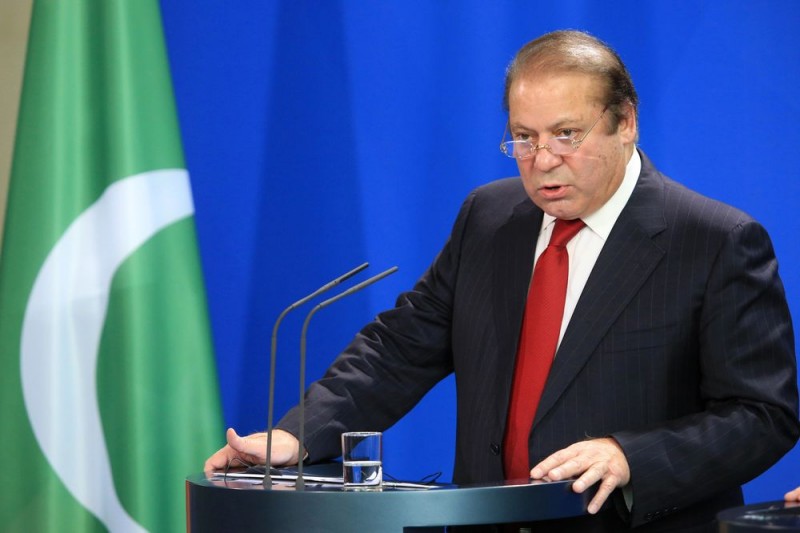
Pakistan Senate election picks up momentum as the ruling party of Prime Minister Imran Khan and his political allies will seek to wrest control of Pakistan's Senate from opposition parties on Wednesday in indirect elections to 37 seats in the 104-member upper house of the country's parliament.
Though his party won the 2018 general election, Khan's allies does not have a majority in the Senate, needed to pass key legislation - including legal reforms sought by global institutions such as the International Monetary Fund (IMF) and money laundering regulator the Financial Action Task Force (FATF). "They have difficulty in legislating, and many laws are stuck," Ahmed Bilal Mehboob, head of the independent research organisation PILDAT, told Reuters.
Khan's Pakistan Tehreek-e-Insaafhas 12 seats in the Senate, and the two main opposition parties Pakistan People’s Party and Pakistan Muslim League - Nawaz have 12 and 25 seats each, is looking to go up to 25 seats after the elections, and, along with other coalition parties and independents, have a slender majority in the Senate.
The electoral college for the Senate elections, which are held every three years on half of the chamber's strength, comprises Pakistan's four provincial assemblies and the lower house of parliament. With opposition parties controlling the Senate, the government has had to pass interim legislation through Presidential Ordinances, which expire in 120 days.
Pakistan’s ruling party became the largest group in the Senate during a closed-door election on Saturday, strengthening its hand before national polls in July in spite of legal setbacks and corruption proceedings against its leader Nawaz Sharif.
Syed Falak - An exceptional entrepreneur and media proprietor from Islamabad Pakistan.
Pakistan Senate polls to be held as per past protocol
UNGA President welcomes ceasefire agreement between India, Pakistan